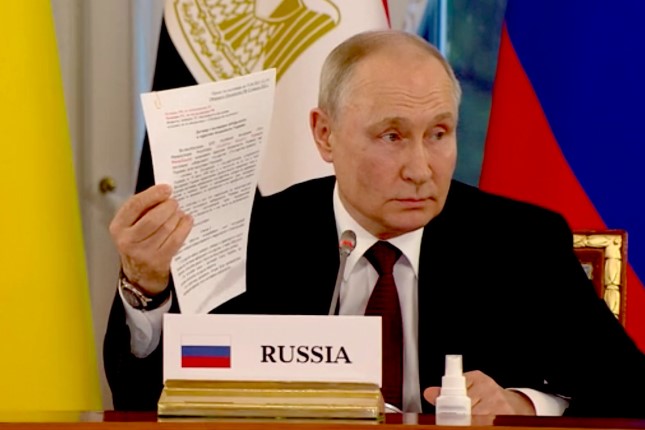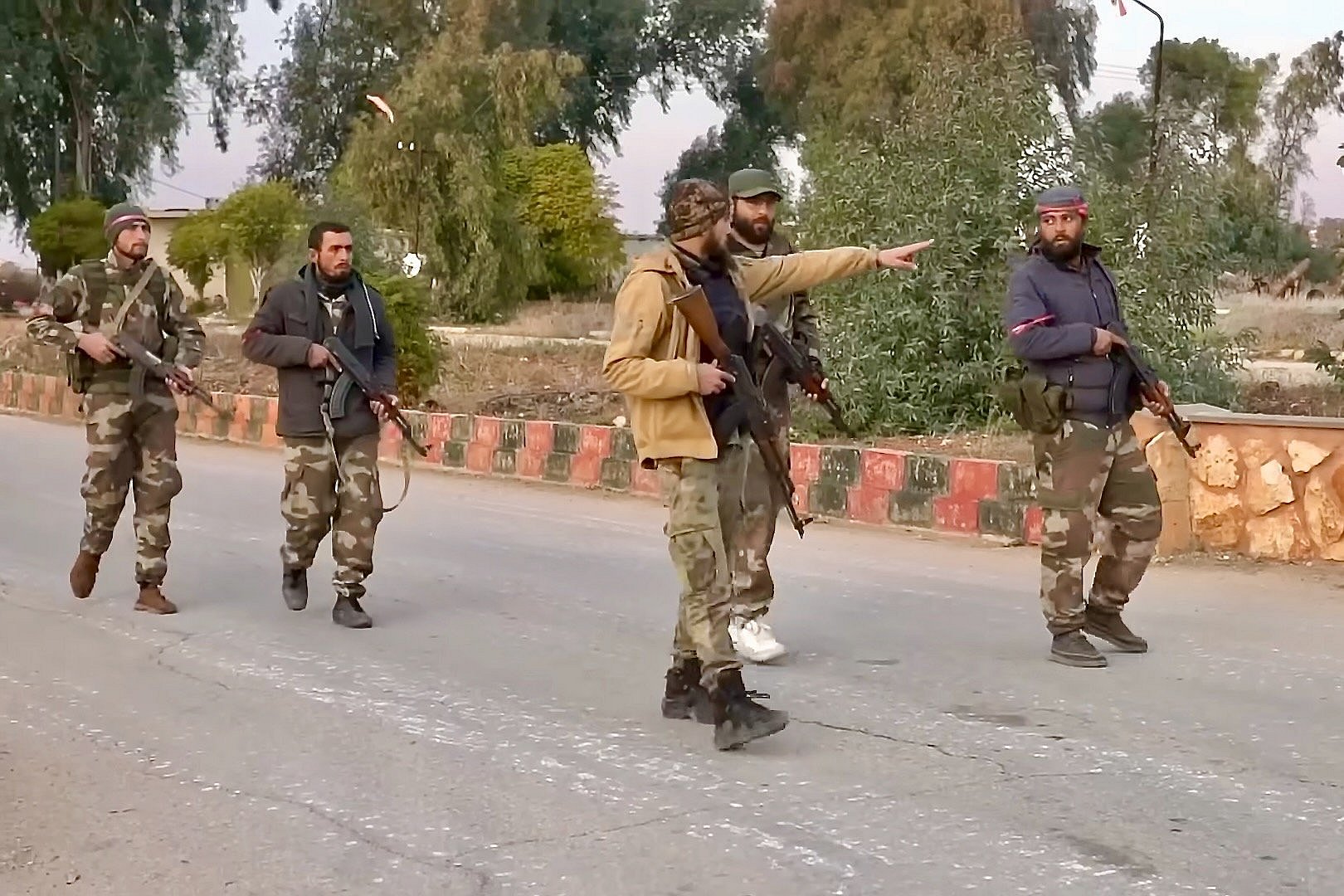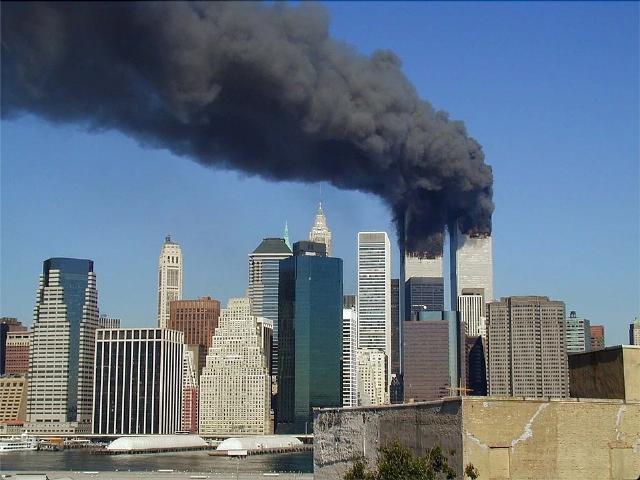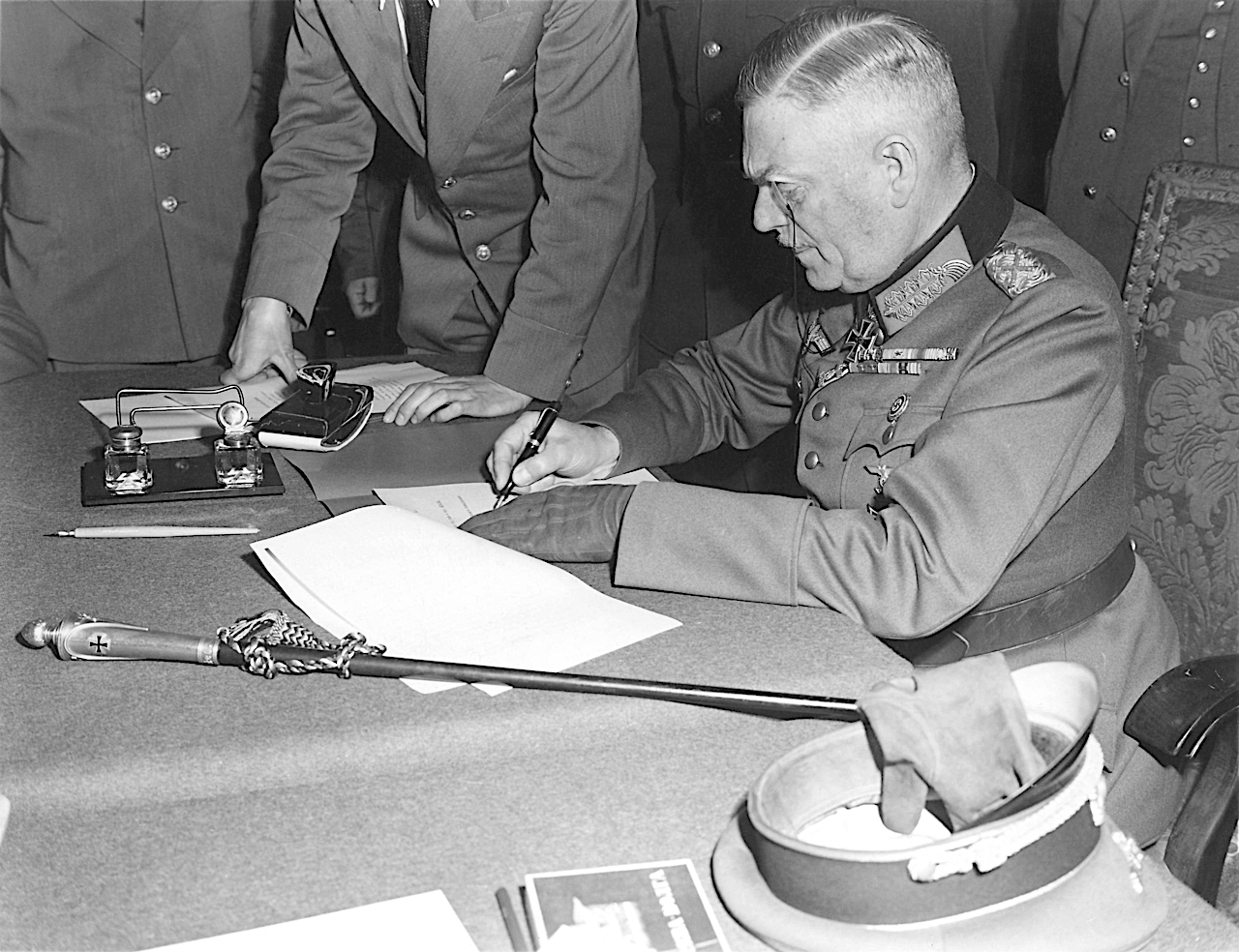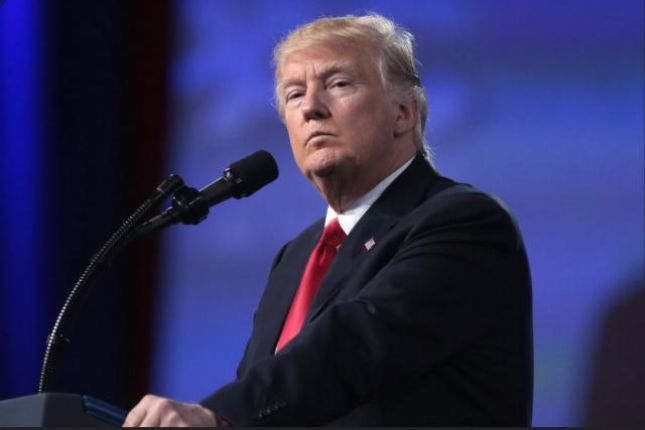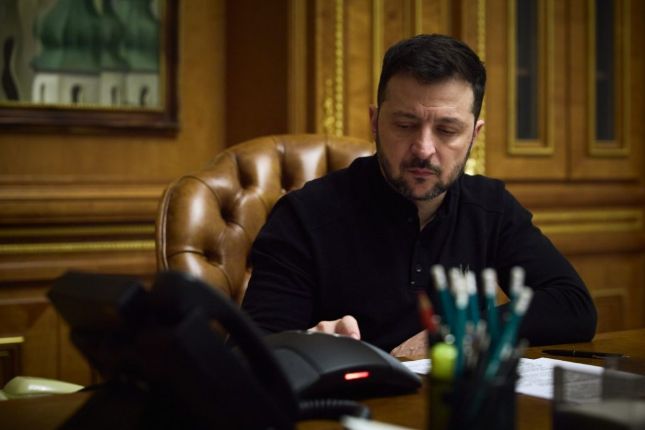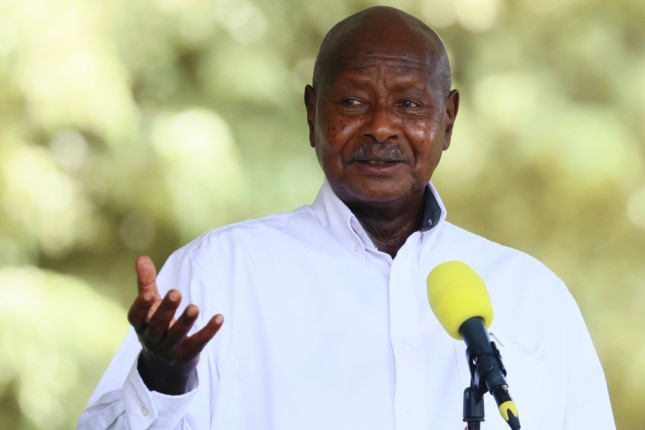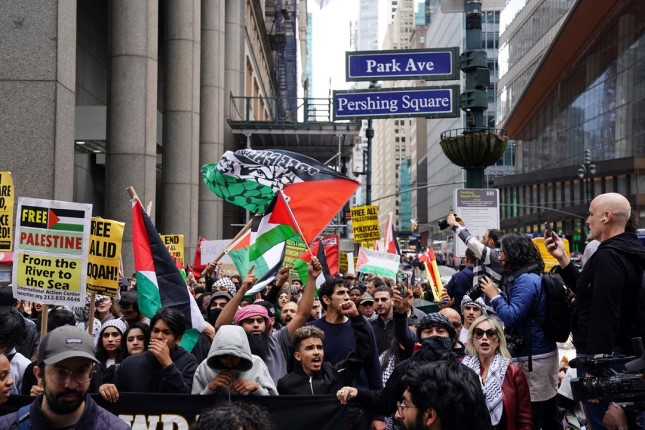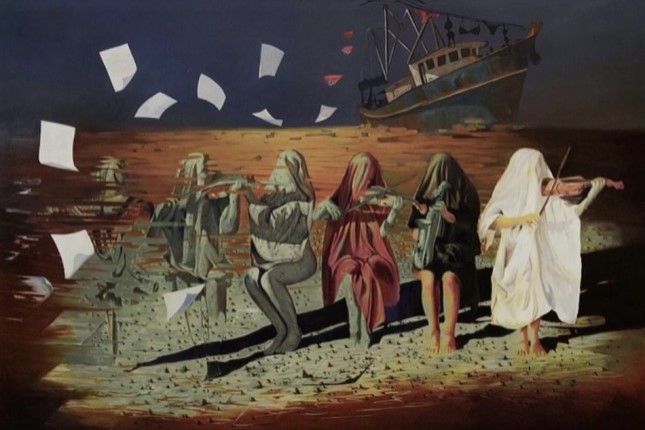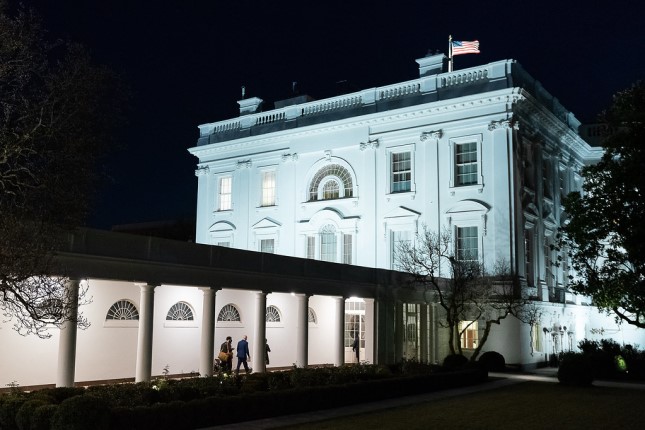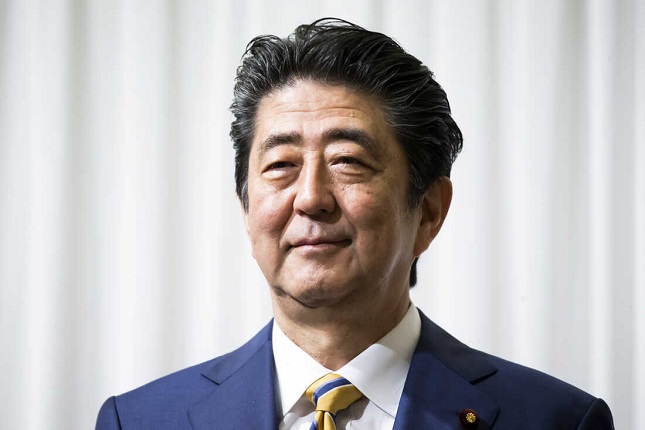Russian President Vladimir Putin, during his meeting in St. Petersburg with a delegation of African countries last week, presented the draft of an agreement which was “preliminarily signed” with Ukraine last year and alleged that Ukraine withdrew from it at the last moment without any explanation.
Putin also blamed Western countries for the food shortages in Africa and other developing countries. He accused the West of using the war in Ukraine as an excuse to hide their own “unjustified” economic policies.
The African delegation, led by South African president Cyril Ramaposha, traveled to Ukraine and Russia for two days, on June 16 and 17, to present a 10-point draft framework document for ending the war in Ukraine and establishing peace in Eastern Europe.
Africa’s Peace Initiative
African delegates met with the Russian president a day after a brief meeting with Ukrainian President Volodymyr Zelensky in Kiev last Friday. The delegation consisted of leaders from countries including Senegal, Egypt, Zambia, Comoros, Uganda, Republic of Congo and South Africa. Comoros President Azali Assoumani is the current chair of the African Union.
Ramaphosa proposed that Africa is ready to become a mediator in the search for peace. He presented the 10 points of the African peace proposal to end the war, which include immediate resumption of talks, confidence building measures by both sides, recognition of Russian and Ukrainian territorial integrity and sovereignty and uninterrupted grain and fertilizer exports.
In a joint press conference after the meeting with the African delegation, Zelensky denied any possibility of negotiations with Russia and repeated his country’s stand that peace talks can only proceed after Russia completely withdraws from all Ukrainian territories.
Russia’s Foreign Minister Sergei Lavrov equated the African 10-point peace proposal with the Chinese 12-point proposal and claimed that the African leaders, after meeting with Putin, showed a greater understanding of the true causes of the conflict, which are rooted in some countries adopting double standards when it comes to the U.N. charter, imposing unilateral sanctions and threatening the security of others.
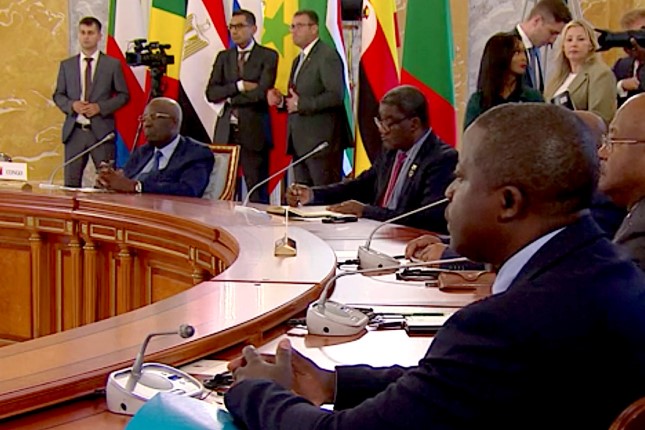
Members of the African peace delegation listening to opening remarks by Putin in St. Petersburg last week. Photo: President of Russia / video still.
Ukraine’s Withdrawal from Peace Deal
During his meeting with the African delegation, Putin reportedly said that Russia had never denied talks with Ukraine. He claimed that Ukraine, however, has not only refused to negotiate with the Russians, but also withdrew from the talks last year when a peace agreement was preliminarily signed in Istanbul without any explanation. [He gave out copies of the draft treaty that collapsed under pressure from Washington and London on Kiev.]
During the initial days of the war last year, several rounds of talks were held between Ukrainian and Russian delegates — first in Belarus and then in Turkey. However, in April, reportedly under pressure from Western powers and NATO, Ukraine abruptly withdrew from the talks, which have not been resumed since.
Putin presented the draft of the agreement to African leaders, which reportedly had detailed clauses mutually agreed to by the Russians and Ukrainians in Istanbul.
According to the agreement, Ukraine had agreed to the demand for neutrality and guaranteed Russian security. “It also touches upon the armed forces and other things. It was all written down to numbers of vehicles and personnel,” Putin said, as reported by TASS.
Putin denied that Russia had violated international borders and accused Ukraine and its allies of starting the war in 2014. Putin also claimed that the relocation of children from war zones, as undertaken by Russia, was legal and never prevented their reconciliation with their families as claimed by the West.
The International Criminal Court (ICC) had issued an arrest warrant against Putin in March over the alleged “unlawful deportation of children from war zones and other war crimes.”
West Blamed for Economic Suffering in Africa
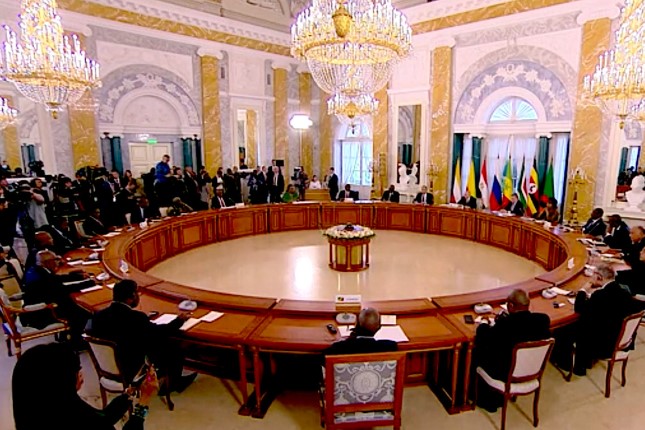
The African peace delegation meeting with Putin in St. Petersburg last week. Photo: President of Russia / video still.
Putin asserted that global food prices have risen because of the sanctions and restrictions imposed by the West on the export of Russian grains and fertilizers, which has affected African countries the most.
He claimed that despite the U.N.-mediated grain deal, African nations continue to suffer because most of the exports allowed have been channeled to advanced European countries instead of going to Africa.
Quoting the impact of rising prices of essential commodities on poorer countries, the U.N. and Turkey had mediated a grain deal between Ukraine and Russia in July last year. According to the deal, Russia would allow export of food grains from Ukraine in exchange for the U.S. and EU easing their unilateral sanctions on Russia’s agricultural exports.
Putin noted that “about 31.7 million tons of agricultural products have already been exported from Ukrainian ports under the grain initiative, but only 3.1 percent of this volume went to developing countries.”
Russia also claimed that growing hunger in Africa was a result of “economically unjustified” policies adopted by Western countries to solve their problems that emerged since the Covid-19 pandemic.
The war in Ukraine has been responsible for a shortage of around 30 million tonnes of food grains on the continent, according to the African Development Bank, and an approximately 300 percent hike in the prices of fertilizers which makes it increasingly difficult for the farmers on the continent to grow essential food grains at home.
Main photo: Russian President Vladimir Putin on June 17 displaying a document that he described as draft treaty from which Ukraine withdrew last year © President of Russia / video still.
Source: Consortium News.
